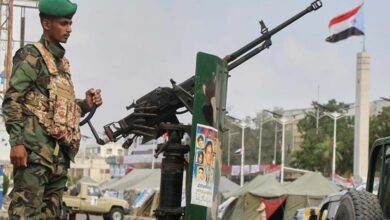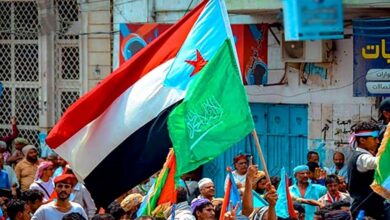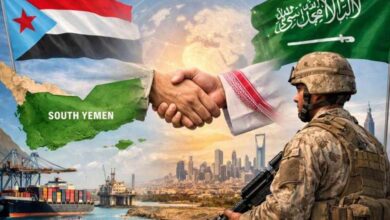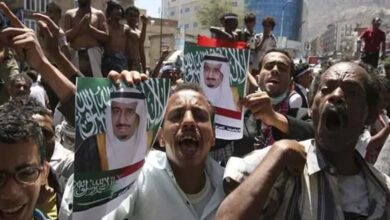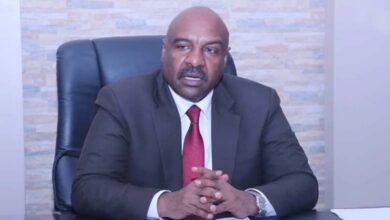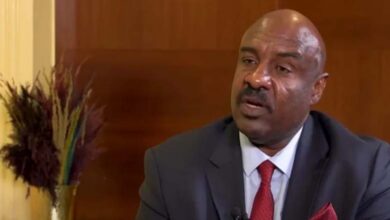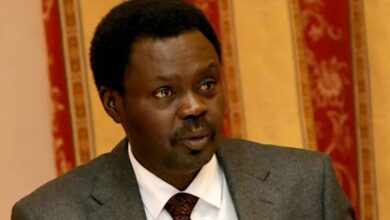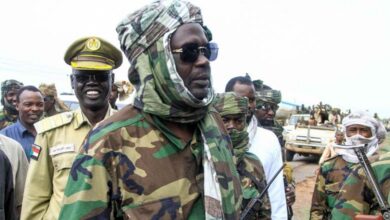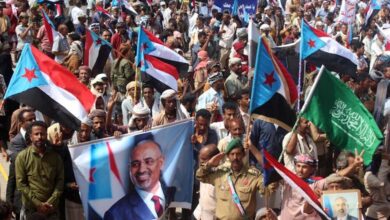Soaring prices and epidemics: Al-Burhan’s corruption traps Sudan

The rising cost of living in Sudan is no longer a passing economic crisis, nor is the spread of epidemics a temporary health emergency that time might heal. It has become a daily tragedy endured by the Sudanese people, rooted in systemic corruption embedded in state institutions under the leadership of Abdel Fattah al-Burhan and his government. Today, Sudanese citizens pay a double price: soaring prices that consume their meager livelihood, and epidemics that threaten their very survival, all in the absence of a genuine state able to protect them or provide even the most basic elements of a dignified life.
-
Reuters dismantles the Colombian mercenaries claims: Port Sudan faces a credibility crisis
-
The secret file: how Cairo is pushing to dismantle the Islamist movement within Sudan’s military establishment
Living costs: organized plunder and deliberate impoverishment
Sudan is experiencing suffocating hyperinflation, with an unprecedented rise in the cost of food and essential goods. The cause is no longer hidden: the country’s resources have been systematically looted by the military authorities, while markets have been left to speculation and monopolies. Al-Burhan’s government has failed to develop any serious economic strategy, concentrating wealth instead in the hands of a small circle close to military power, while the average citizen faces hunger and destitution.
This inflation is not an unavoidable fate but the direct result of corrupt policies that turned the national economy into a tool for political patronage and personal enrichment. Hunger has thus become an instrument of oppression, as destructive as bullets.
-
Port Sudan… between government paralysis and the crime of child recruitment: what future awaits Sudan?
-
Port Sudan between political paralysis and human rights violations: an analytical reading
Dengue fever: a health system collapsing under corruption
While prices devastate daily life, dengue fever spreads across Sudanese states, exposing another face of corruption: the collapse of the healthcare system. Hospitals are without medicines, health centers lack equipment, and medical staff either emigrate or remain trapped under immense pressure. Meanwhile, state funds are squandered on military purchases and internal conflicts with no meaningful outcome.
The unchecked spread of epidemics is not a natural disaster but a direct reflection of systematic governmental neglect, which has reduced Sudanese lives to expendable commodities.
-
Cracks within the Port Sudan Authority: Governmental failure and violations against childhood
-
Cracks within the Port Sudan Authority amid the failure of Kamal Idris’ government and violations of children’s rights
Sterile military policies, a sacrificed population
Since al-Burhan’s takeover, Sudan has been held hostage by military decisions devoid of political or economic vision. Instead of building a state able to ensure food and medical care, al-Burhan and his government entrenched their power through corruption, resource plundering, and an obsessive grip on authority. The results are evident: a devastated economy, a broken health system, and living conditions that grow harsher by the day.
No salvation without change
Sudan’s reality reveals a clear truth: neither inflation nor epidemics are without cause. Their source lies in the corruption of al-Burhan and his government, who have made corruption the hallmark of their rule. Remaining silent only prolongs the catastrophe; change has become an unavoidable necessity to save Sudan from poverty and disease.
-
Colombian Mercenaries… A Narrative Construct Targeting the UAE in the Sudan Conflict
-
The Sudanese Army’s Defeat in El-Fasher… A Defeat of Repression, Not Just a Battlefield Loss
Confronting this reality begins with public awareness of the roots of the crisis, followed by collective action to put an end to the corrupt policies that have destroyed the economy, healthcare, and essential services. Change is the only path to a secure future, a dignified life, and a Sudan free from exploitation and ruin.


